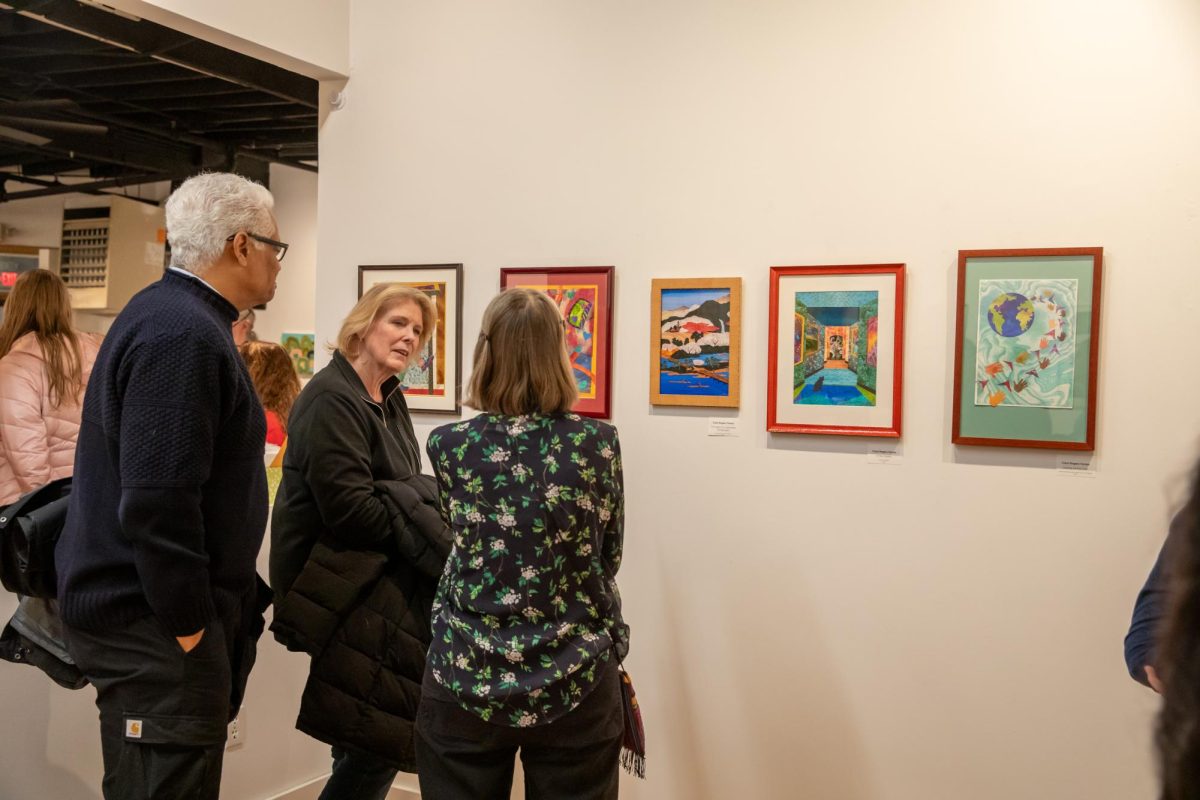The Twin Cities boasts a seemingly infinite array of local businesses, lining the streets and tucked away in small residential areas. Women-owned businesses in the Twin Cities offer a number of locally made products and services.
Samantha Rei is a Minneapolis-based fashion designer who pushes herself to create products that will make her clients feel like their most authentic selves.
“I love looking at the reactions in people’s faces and the stories that they tell you,” Rei said. “[Designing] became more than just wanting to monetize it.”
She became one of the first U.S. designers to create a Lolita clothing line, a popular style in Japan. Rei’s most recent collection, “Ars Moriendi,” is a culmination of almost 20 years in the business.
To reach this point in her career, Rei found the most help through local organization Springboard for the Arts.
“Fashion is fluid, art is fluid,” Rei said. “Sometimes things go quickly [or] slowly and [my business coach] was able to kind of give us more guidance.”
Finding resources when starting a non-traditional business can be difficult. Some Twin Cities women in business have looked to their community for support instead of a meeting room of middle-aged men.
“One reason that we source primarily from women-owned businesses is because it’s not just another company,” said Renee Powers of Feminist Book Club. “It really is the backbone of a community.”
Feminist Book Club is a monthly subscription service that Powers started after dropping out of her Ph.D. program and moving to Minneapolis. She regularly recommended books to her friends and on her podcast, so after some time, it felt right to create Feminist Book Club.
Powers’ business is not a brick-and-mortar shop. The online subscription service includes a box with the book of the month and curated products from women-owned businesses.
Being surrounded by women and non-binary folks while working on her business has been life changing, she said.
“[The community] is a warm and welcoming space and it really embodies that idea of collaboration and not competition,” Powers said.
Karen O’Connor, one of the owners of Mother Earth Gardens in Minneapolis, also sources products from within her community — local, organic growers.
“We’re very purposefully trying to work with younger growers,” O’Connor said. “There aren’t as many children taking over their parents’ growing operation.”
She bought Mother Earth Gardens with her business partner, then rewrote the business plans and revamped their social media presence.
“We made the brand more up-to-date so that we focused on both existing gardeners and younger people who might be coming into gardening,” O’Connor said.
As some local garden centers are closing down, Mother Earth Gardens has actually seen a jump in their sales. They emphasize the importance of buying locally and having a friendly face to talk to.
“We’re really aware of how separated a lot of people feel from [the] community,” O’Connor said. “So, we’re trying to build out a lot in our store.”
Shopping locally is a skill the Twin Cities has already mastered, but Powers stresses the importance of knowing who your money is supporting.
“When you put capital in the money of women, it can change the world,” she said.







